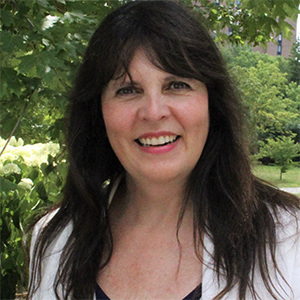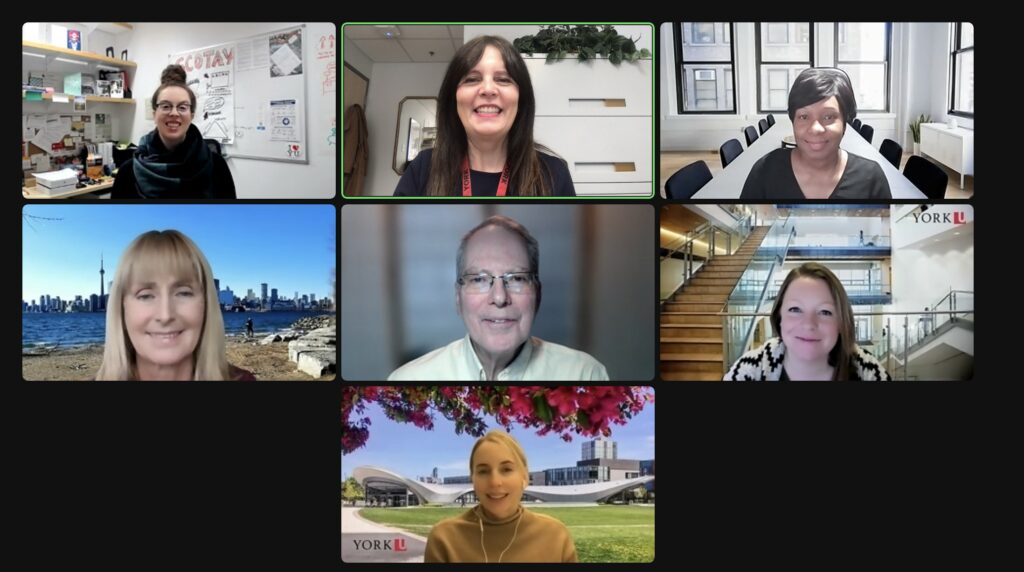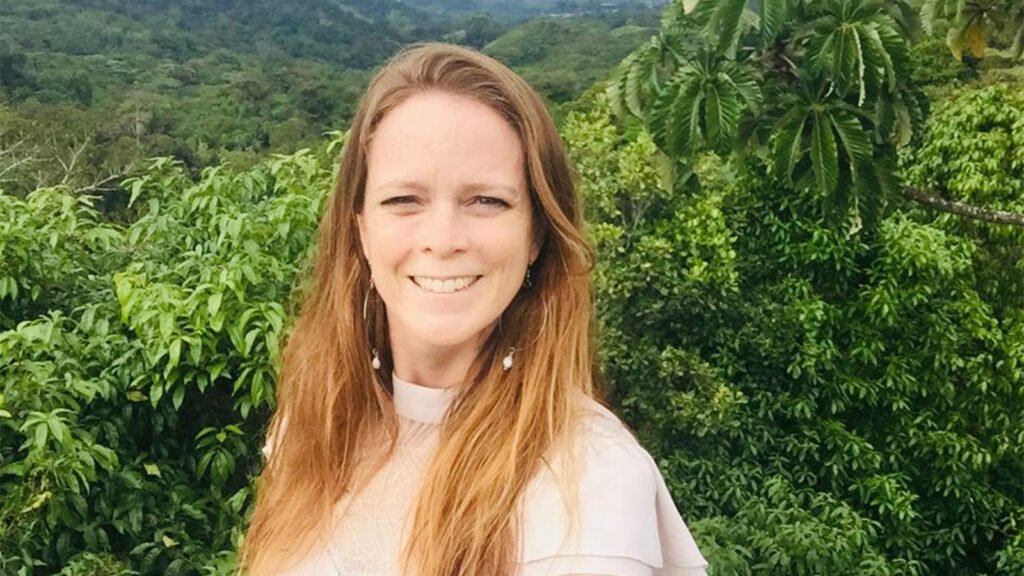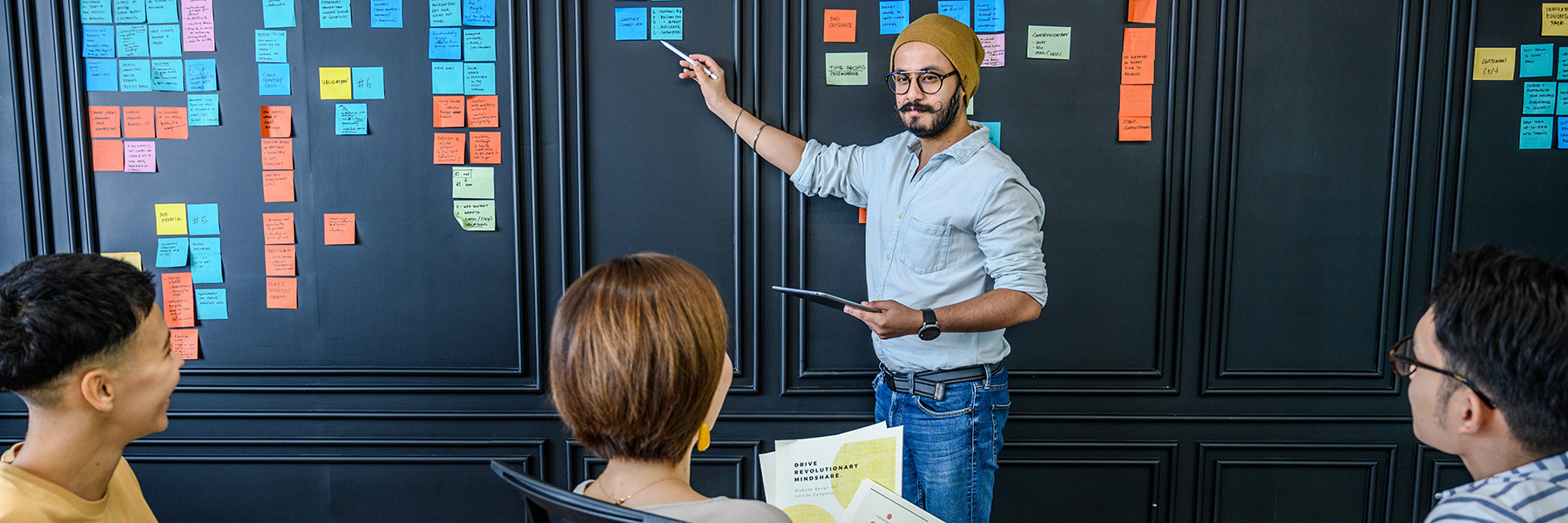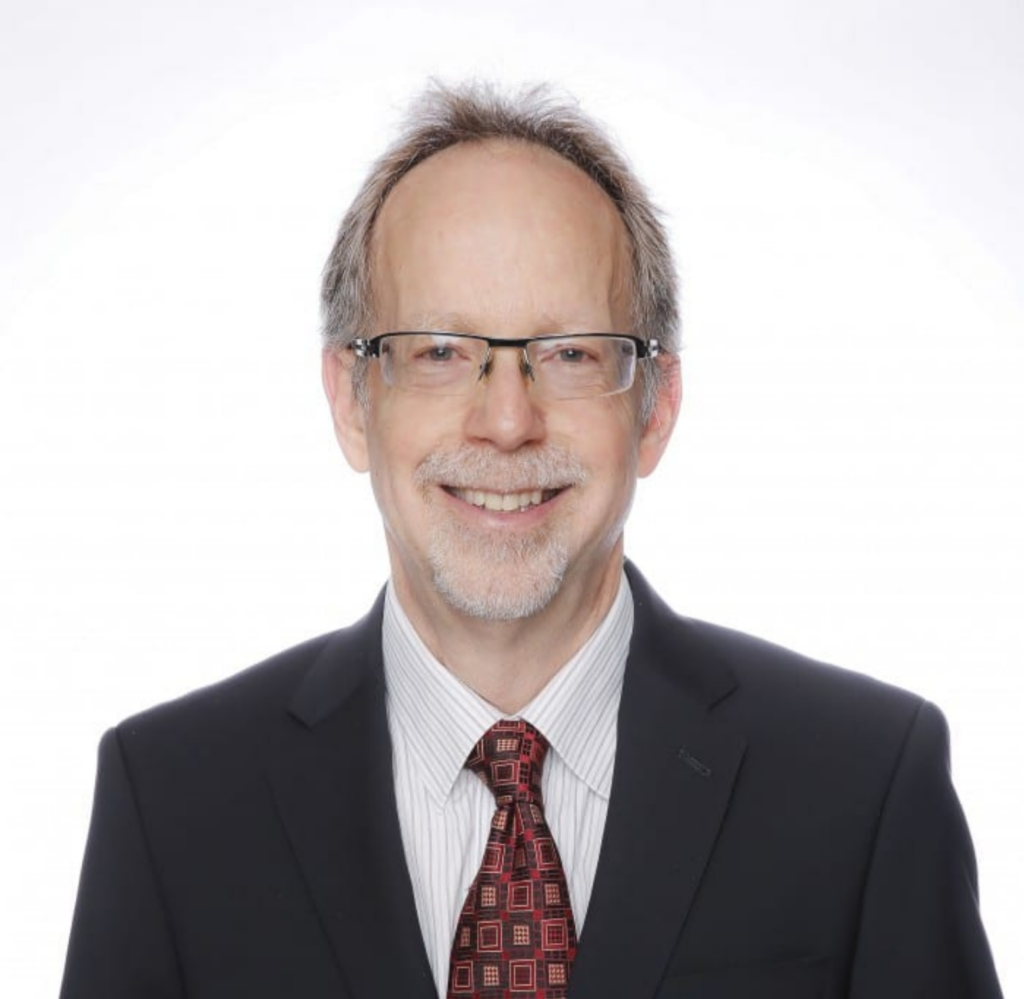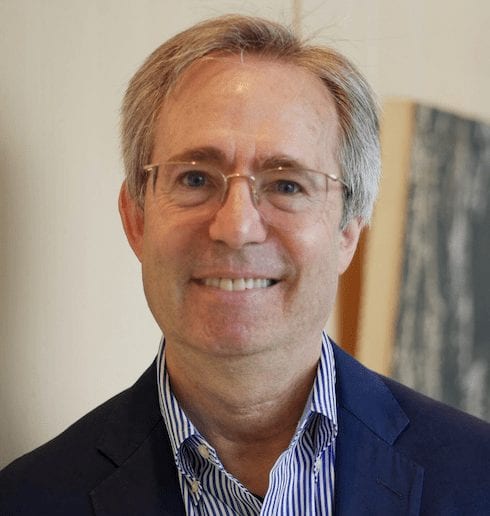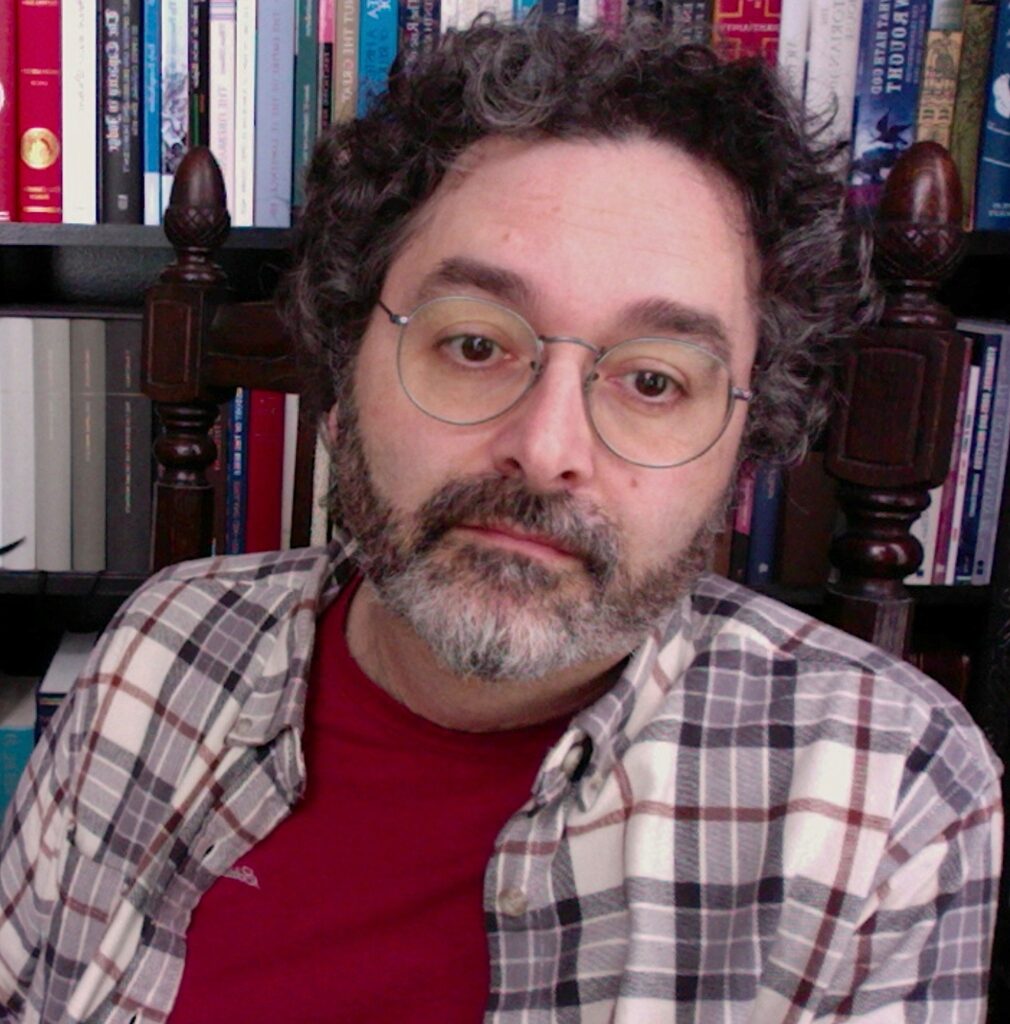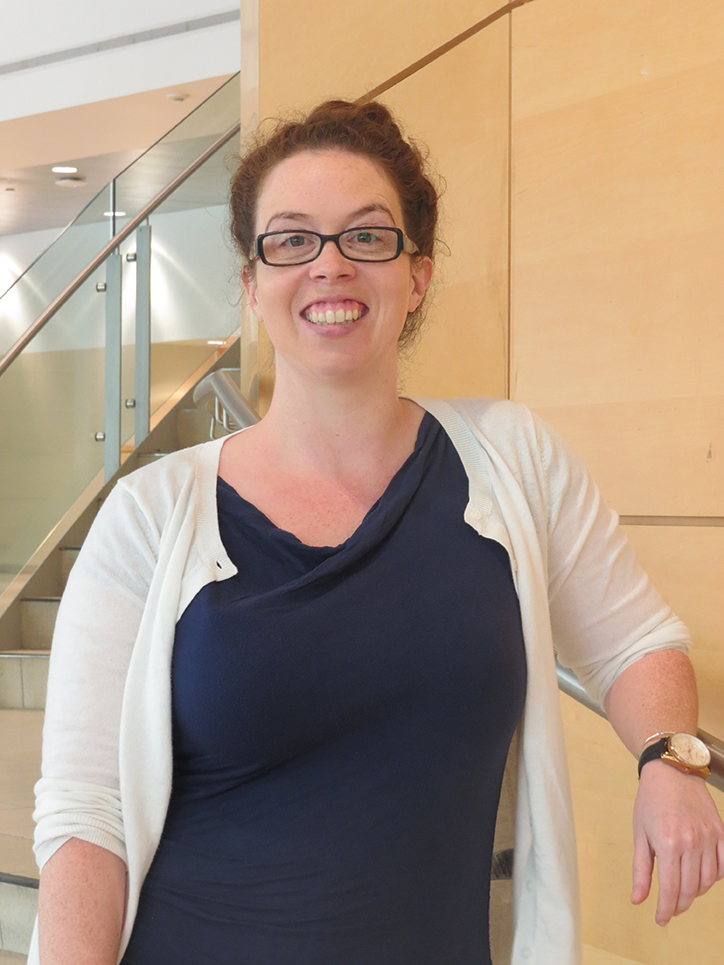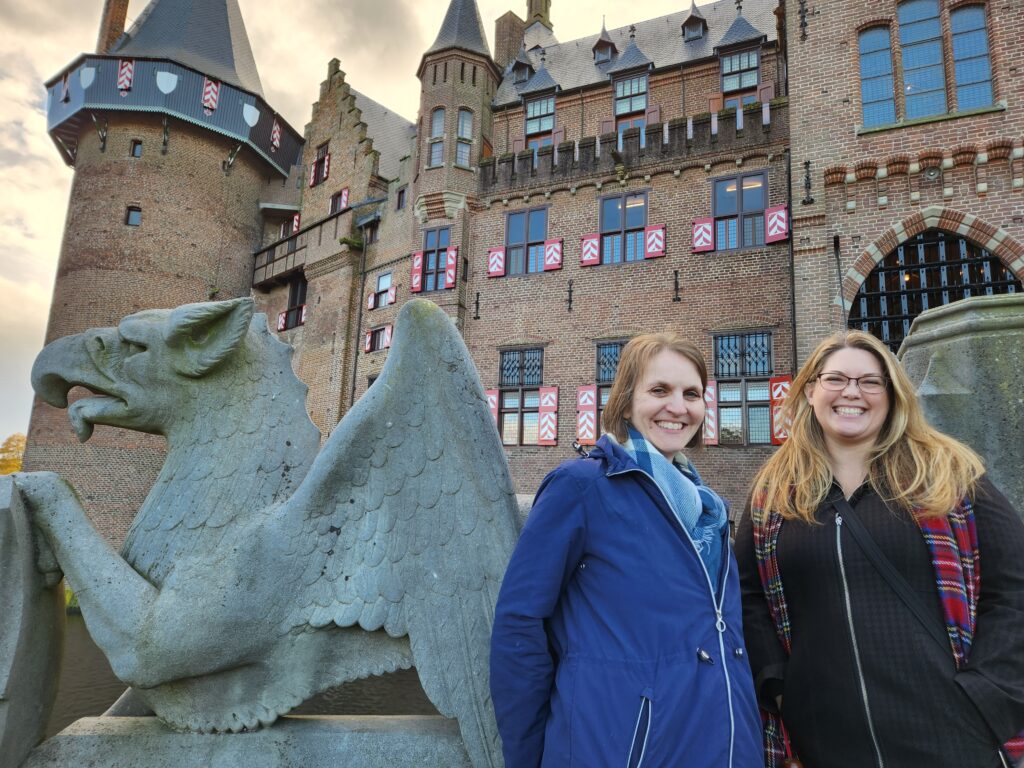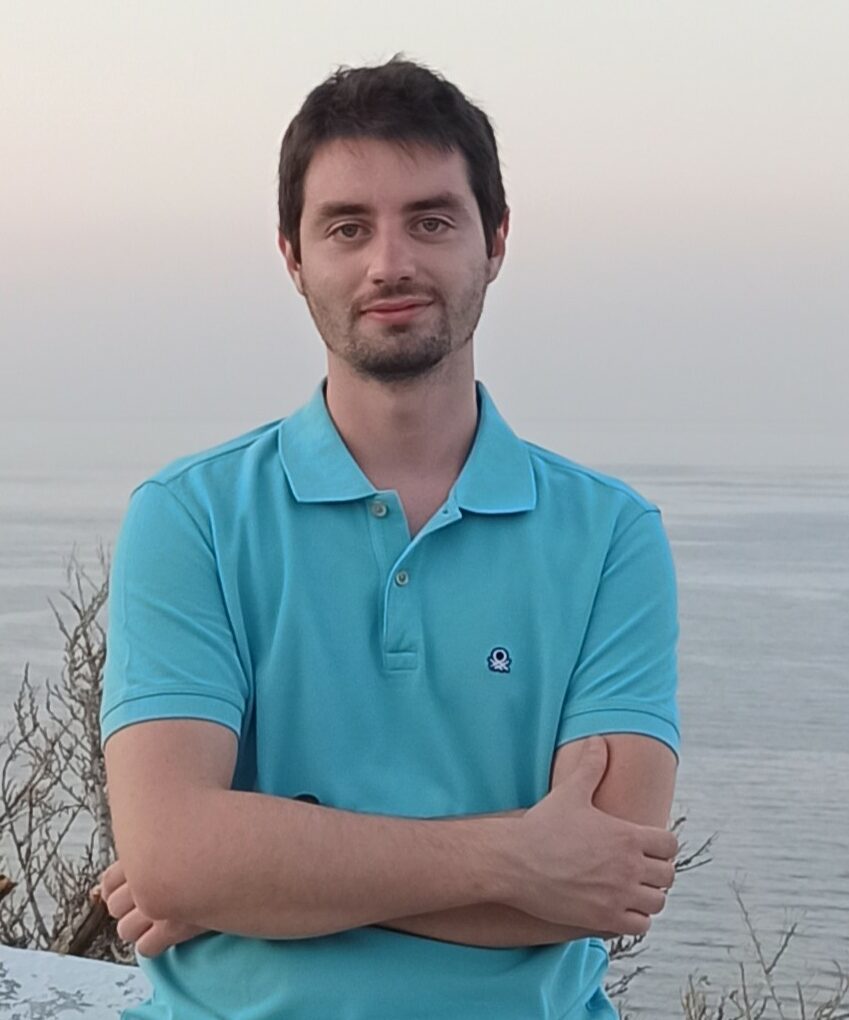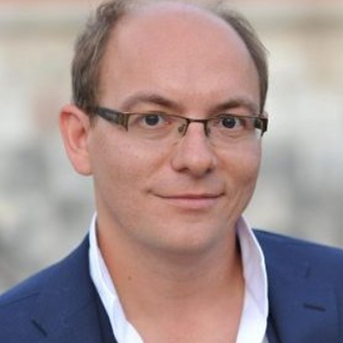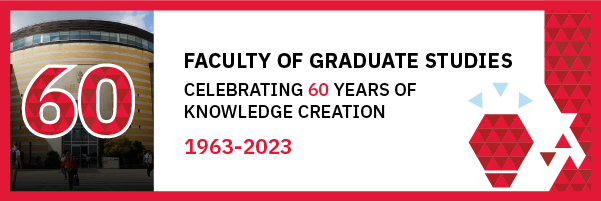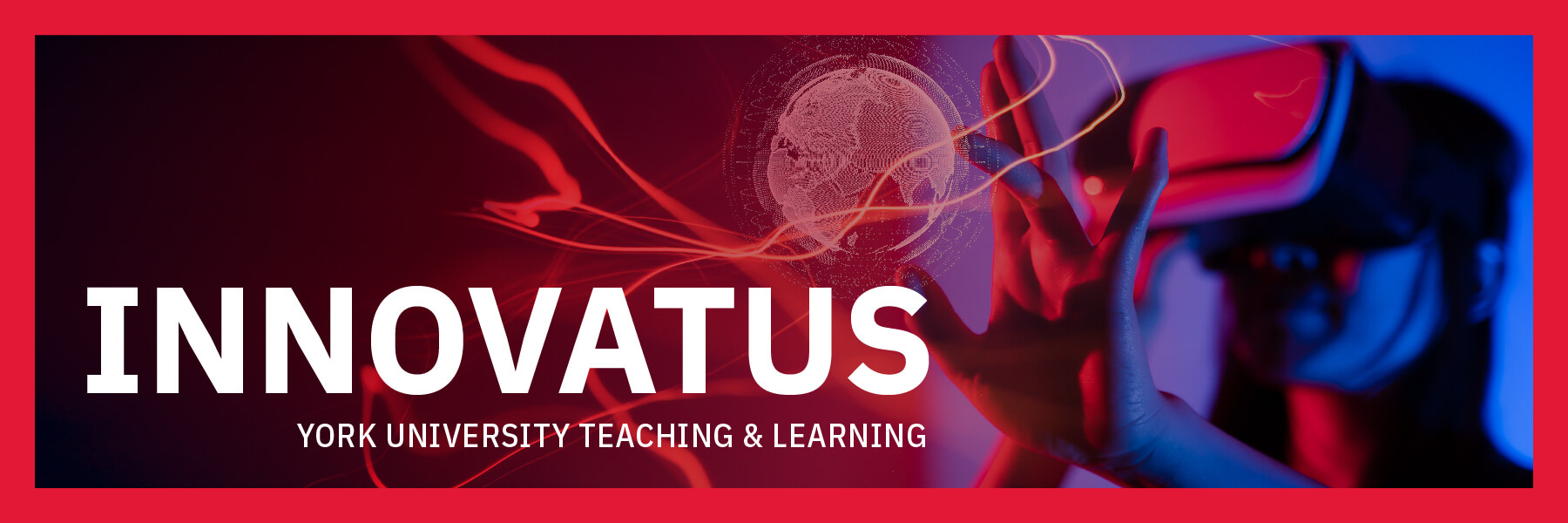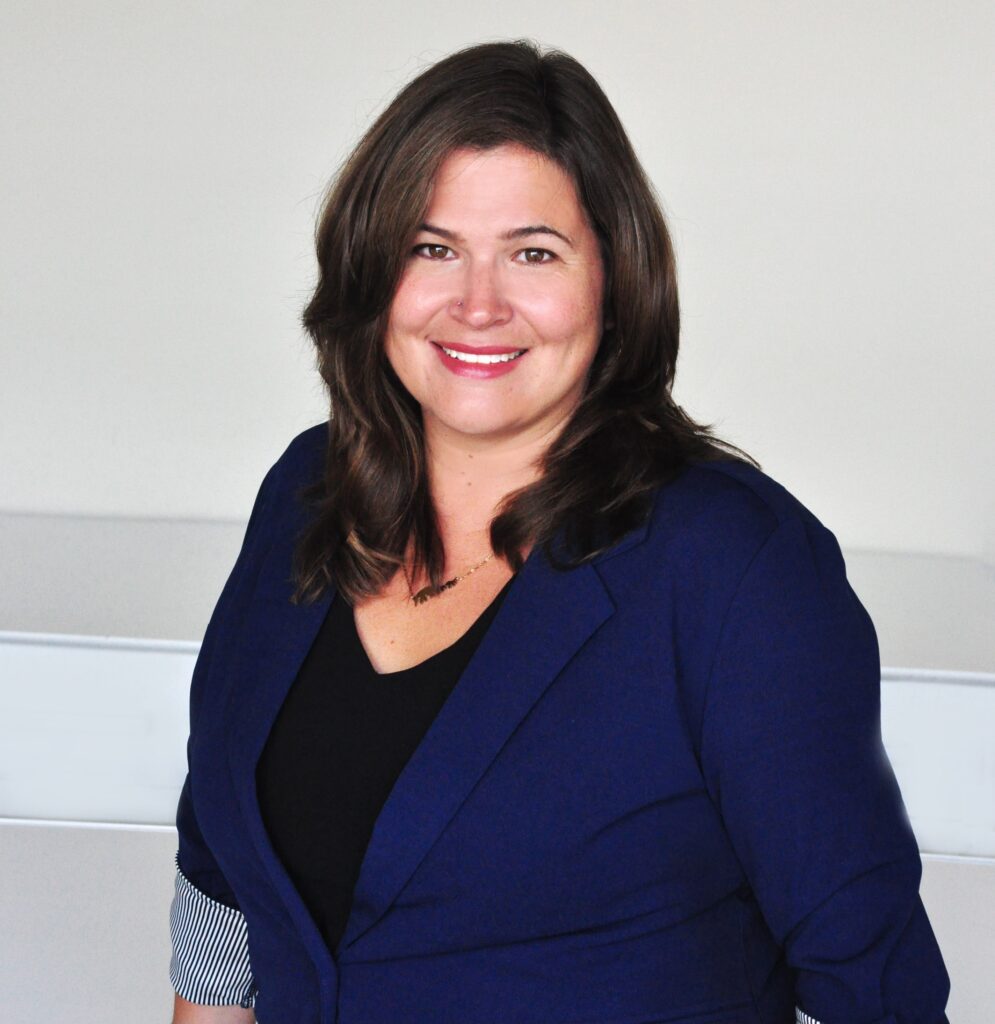By Elaine Smith
During the fall semester, students in the Faculty of Health’s Adapted Physical Activity course, run by Assistant Professor of Kinesiology Stephanie Bowerman, had the opportunity to put the theories they had learned about working with disabled clients into practice by working with students with varying disabilities from a high school in the nearby Jane-Finch community.
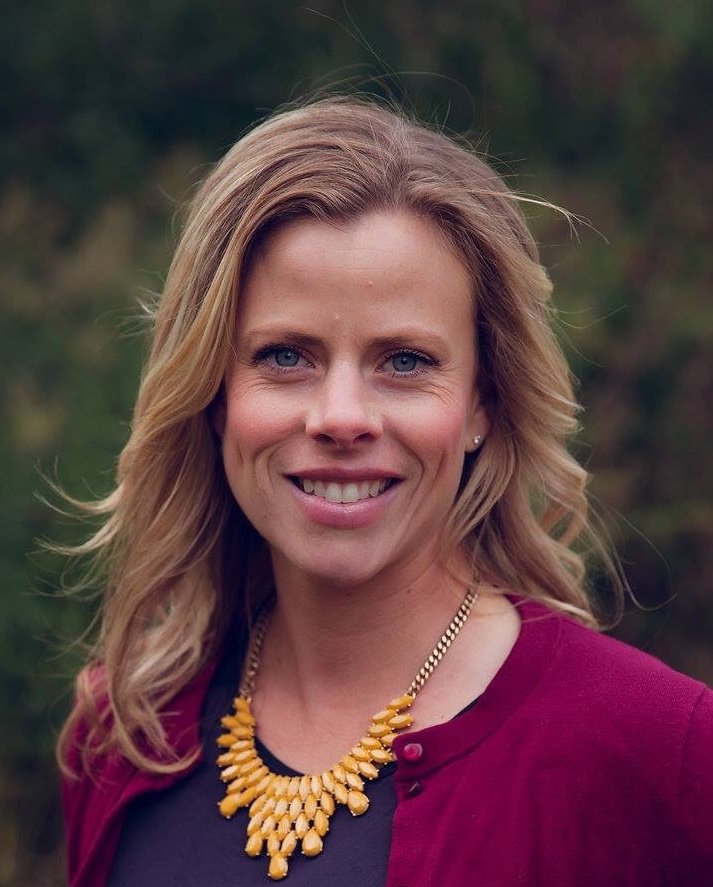
(image credit: Kathryn Bain Photography)
“Most of my students have not knowingly worked with a person with a disability in a physical activity setting, so this was a great opportunity to gain hands-on experience,” said Bowerman. “These sessions provided opportunities to practise many of the Becoming YU competencies in a new context, such as communication, interpersonal connection and problem solving. Whatever field they choose after graduation, these skills are important.”
Working with Paola Calderon-Valdivia, the Faculty of Health’s experiential education co-ordinator, and the York-TD Community Engagement Centre, Bowerman connected with Terry Douglas, special education department head at James Cardinal McGuigan Catholic High School, a short subway ride away from York University’s Keele Campus.
It was arranged for 20 students with varying disabilities to come to campus for three weekly physical activity tutorials to help the high schoolers prepare to participate in the Aspire Games, a competition in April that offers students with disabilities an opportunity to compete and shine in sports events.
Bowerman’s students were divided into two one-hour sessions within which two-to-three York students were paired with one high-school student. In advance, the kinesiology students needed to plan and develop modified activities within the lesson plan provided to accommodate their student’s individualized needs. Andrea Haefele, a health and physical education curriculum consultant from the non-profit educational support organization Ophea, worked with the York students in preparation, leading a workshop called Disability Centred Movement: Supporting Inclusive Physical Education. Haefele collaborated with Bowerman in creating inclusive lesson plans and supported the York students while working directly with high-school students with disabilities in the physical activity tutorial setting.
“She discussed making accommodations, how to support students with disabilities during activity, how to instruct students with visual aids and what kinds of behaviour management strategies to use,” Bowerman said. “The students took the lesson plan provided and made accommodations to the activities to meet the particular needs of their student. The York students all took turns taking the lead in the sessions.”
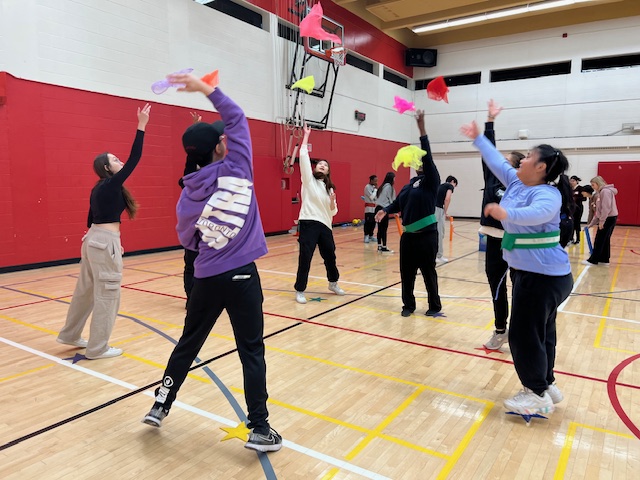
They were able to practise using multiple forms of communication, because using strictly verbal instructions may not be the best approach for all individuals.
Each week, the session began with a warm-up, followed by the groups rotating through four activity stations. During week one, the activities focused on sending and receiving objects: the transfer of skills to javelin or shot put. The second week’s activities focused on movement, emphasizing running skills and running over obstacles. The final week of activities highlighted track and field skills, such as throwing objects to targets (javelin, shot put), jumping, running relays and passing the baton, as well as overall fitness. All of the activities were designed to provide fundamental skills while exploring the joy of movement
These sessions were valuable to the high schoolers, Douglas added, noting, “Any opportunities for skill acquisition into the community allows students to successfully transition into the community with a greater sense of personal capital and agency.”
Following the experiential education (EE) sessions, the York students were asked to reflect on their experiences, and most found it eye-opening, Bowerman said. Some are now considering working with people with disabilities as a career possibility.
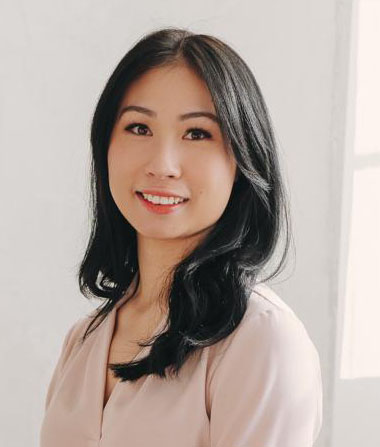
Jessica Tan, a fifth-year bachelor of science student in kinesiology and health sciences, was among them.
“I’d never worked with high-school students with disabilities, so it was nice to get exposure to a different demographic,” Tan said. “I learned that assessments don’t tell you everything about a person; you need to work with them to understand them.”
Tan also found it was necessary to adapt her teaching approach in the moment to meet the needs of students.
“I really had to make adjustments, think quickly and change the plan on the fly,” she said. “That’s something you don’t learn studying theory. You learn so much more through interactions than you do from slides.”
Tan, an aspiring kinesiologist or occupational therapist, is also a part-time dance teacher, and her EE work and reflecting on it have caused her to alter her own teaching approach.
“After this course, I understood that everyone has a different path to achievement and I began to appreciate the individuality of every student,” she said.
Calderon-Valdivia, the Faculty’s EE co-ordinator, attended the sessions and was happy to see the learning taking place.
“Engaging in community service learning fosters a sense of social responsibility and empathy, qualities that are highly valued by employers,” she said. “Through the practical application of specialized skills learned in this course, students gained social awareness and honed their adaptability skills. Ultimately, this type of EE helps shape individuals into well-rounded, ethical professionals.”
The initial experiential education project was supported by a Faculty of Health Fund for Innovation in Teaching grant that allowed Bowerman to hire the consultant and to buy specialized equipment, such as foam javelins, for the students to use. Going forward, however, the equipment is available, and Bowerman plans to recruit kinesiology students for any assistance she needs to run the EE sessions. She is also excited about the relationship she has now established with teachers and staff at James Cardinal McGuigan Catholic High School. In fact, she created a fourth session to wrap up the program, providing the high-school students with participation certificates and snack bags for an enjoyable ending.
Douglas, the special education department head, expanded on the importance of this community-service learning opportunity and said, “York University becomes an extended learning community for our students that affirms their strengths, worth and dignity.”
Bowerman added, “I’m excited to see how this partnership will continue. The high-school teachers were excited about the collaboration and were pleased that York students could meet their own students where they were at. We can build on this relationship and see if there are opportunities for students to do independent study work.”




